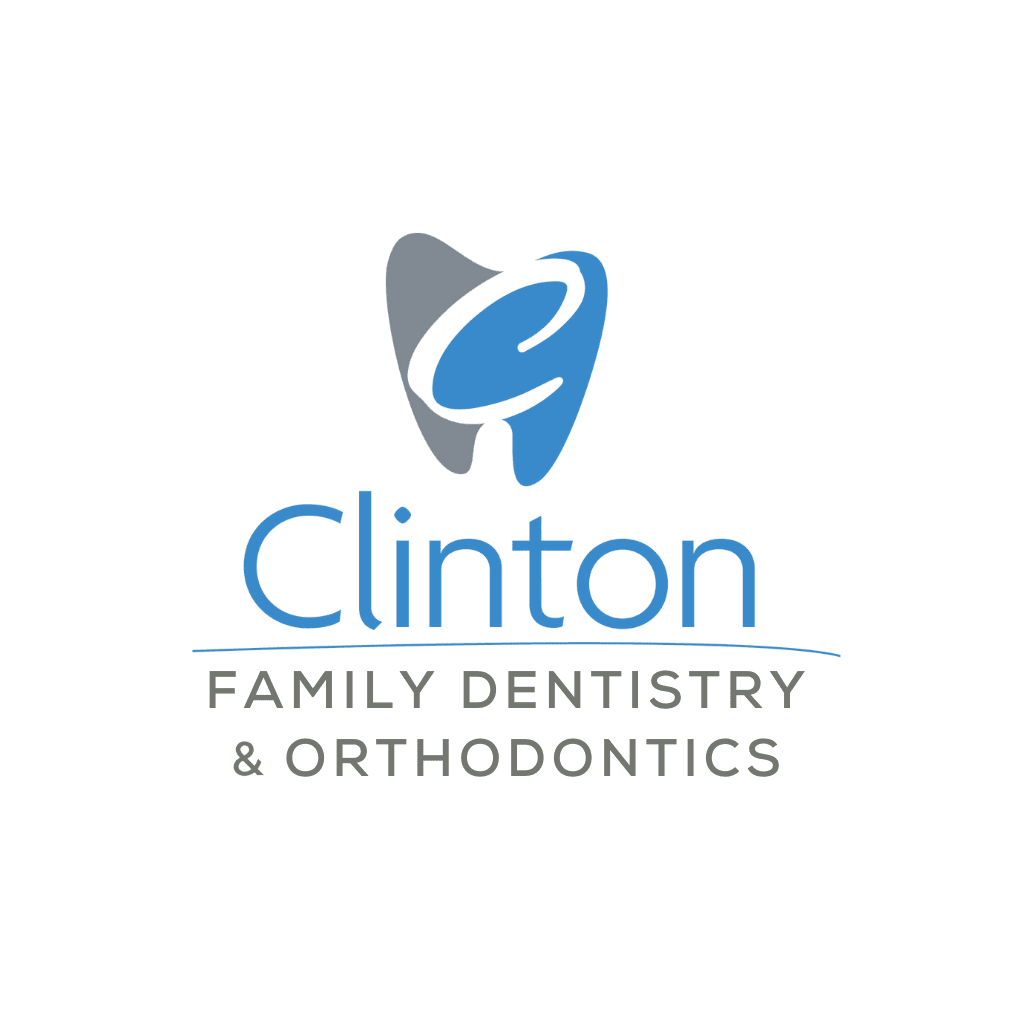Do you suffer from minor cracks, chips, gaps, or stains on your teeth? If so, tooth bonding may be the perfect cosmetic dentistry solution for you. Tooth bonding uses the same material that is used to perform dental fillings to conceal minor blemishes on your dental structures. A minimally invasive and affordable procedure, tooth bonding can help restore the uniformity of your smile and make a major impact on your overall smile aesthetics.
Learn more about tooth bonding below.

Teeth Bonding in Clinton, NC
Dr. Helmer has helped many patients conceal minor imperfections on their dental structures using teeth bonding and cosmetic dentistry. Teeth bonding is a great option for addressing minor concerns on your smile that may be affecting your smile’s overall uniformity. Even if the blemish is not harming your overall dental health, we understand that you value your smile and want it to look its best at all times. This is why we are happy to offer tooth bonding services to interested patients.
Tooth bonding can be used to achieve a variety of cosmetic goals, including:
- To repair chipped or cracked teeth.
- To improve the appearance of bleach-resistant stains
- To close gaps between teeth.
- To make teeth look longer.
- To change the shape of teeth
What To Expect
Teeth bonding is a minimally invasive procedure, meaning it only requires a small amount of enamel removal to make space for the bonding material. The bonding material is composed of tooth-colored resin, similar to what is used during a dental filling.
After the affected tooth has been prepared by the dentist, the bonding material will be placed over the area you are looking to conceal. Your doctor will then harden the material to your tooth using ultraviolet light. Once hardened, your doctor will shape the bonding material down until it blends in seamlessly with the rest of your smile and does not obstruct your bite pattern.
Once complete, you will be able to leave our office with a restored and refreshed smile.
Teeth Bonding FAQs
What can’t I do after tooth bonding?
Though bonding material is durable, try your best to avoid biting into hard foods with the area of your tooth that’s bonded. This can lead the bonded area to fracture and can damage the restoration. Bonding material also isn’t able to be whitened, so it eventually will stain over time, particularly with regular habits like drinking coffee or smoking.
How long does dental bonding last?
On average, dental bonding lasts about 3-10 years. This varies depending on how well you take care of it. If you have a habit of chewing ice or don’t keep up with regular oral healthcare, the bonding material won’t last as long.
Does tooth bonding hurt?
Tooth bonding shouldn’t hurt. If bonding material is used in an area where the tooth nerves were exposed, you may experience a bit of discomfort during the application process. You may experience some slight sensitivity in the hours after the procedure with hot or cold foods or beverages.
How do you clean a bonded tooth?
Though it’s a temporary restoration, dental bonding is fairly resilient. You’re able to brush and floss your teeth like you normally would, without having to worry about the bonded tooth. Keep up with your bi-annual dental visits, as we can monitor the state of your restoration and make sure it’s in good shape.
Am I eligible for dental bonding?
One of the best things about dental bonding is that it’s suitable for almost any patient. It’s a removable, temporary, noninvasive restoration, so it’s even suitable for children. It’s also affordable, making it a good choice for patients on a budget.
What does dental bonding feel like?
When you first get dental bonding, it can feel a bit strange in your mouth. It tends to feel a little bit bigger in your mouth than a normal tooth. After a few days, though, it will start to feel completely normal. You’ll probably forget you even have a bonded tooth!
How long does dental bonding take?
Bonding is usually done in just one trip to our office. Typically, bonding one tooth takes about 30 minutes to an hour. If you need bonding on multiple teeth, you may have to schedule more than one visit.
How long is the recovery time after dental bonding?
Since bonding is a minimally-invasive procedure, there’s no recovery time after this process. You can go right back to work and you’re able to eat or drink immediately following your appointment.
Schedule An Appointment
Interested in learning more about what tooth bonding could do for you and your smile? Schedule an appointment with Clinton Family Dentistry & Orthodontics. We look forward to helping you achieve your dream smile in our Clinton, NC family dentist office.
